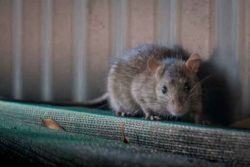Finding a rat in your home is always alarming for a homeowner. Several rat species call Florida home, including Norway rats and the roof rat. Whether you are dealing with either of these rodents, every homeowner knows the health risks they can cause your family. Check out the list of common rat-borne diseases found in the United States.
Hantavirus Pulmonary Syndrome
Hantavirus pulmonary syndrome is a viral illness spread by direct contact with rats or contact with their urine and feces. You can often catch this disease by breathing in dust contaminated with urine droppings, or by a bite. Symptoms of this disease often arrive in phases, with the first phase including fatigue, fever, muscle aches, headaches, chills, vomiting, and more. The next symptom phase progresses into coughing and shortness of breath. There is no specific treatment, cure, or vaccine for this disease.
Leptospirosis
Leptospirosis is a bacterial disease that spreads in two ways. The first way this disease could spread is if a human eats food or drinks water that is contaminated with rat urine. The second is if our skin or mucous membranes has had contact with water or soil contaminated with rat urine. Common symptoms that occur with leptospirosis include fever, chills, headache, abdominal pain, rashes, and more. If this disease goes untreated, it can lead to kidney damage, meningitis, liver failure, respiratory distress, and even death. This disease can be treated through antibiotics.
Salmonellosis
Salmonellosis is another bacterial disease but through the spread of eating or drinking food and water contaminated by rat feces. This disease can be passed between people and even animals. Common symptoms include diarrhea, vomiting, fever, and abdominal cramps. You can catch an infection with this disease, but it is often resolved within 5-7 days if you drink enough fluids.
Rat-borne diseases can cause serious, sometimes fatal illnesses in humans and pets. To protect your family and pets, it’s best to place preventive measures throughout your home so these creatures stay away.
- Clean up spilled food immediately.
- Keep your garbage can lids tightly sealed.
- Put all food away at night, including pet bowls and bird feeders.
- Seal any openings that are larger than ¼”
- Repair holes in your foundation, garage, interior walls, and gaps in your roof.
- Declutter your attic and basement, especially anything made of cardboard.
- Contact your local pest control company to provide you with a thorough inspection and comprehensive treatment and prevention plan.


